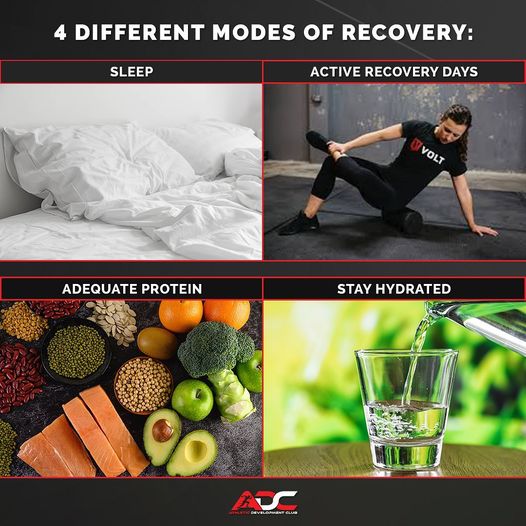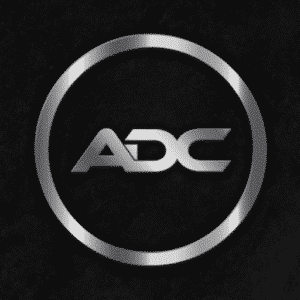DO YOU PRIORITIZE RECOVERY IN YOUR TRAINING PROGRAMS?🤔
Recovery is a key part of the growth process. Without adequate recovery and replenishment, adaptions cannot occur and you will be doing more damage than good. The reality is that when we train, we are taxing our bodies to the point of cellular breakdown with the intention of building them back up stronger and more efficient. Often people have the perfect training plan written on paper, yet they do not manage the stress in their lives and struggle to keep up. We need to understand that staying up late with a sick child to the early hours of the AM, or working extra hours to reach a deadline can play into your ability to perform in the gym. With this being said, it is important to remember that a training plan is a template “written in pencil, not etched in stone” Sometimes the stresses in life may affect your ability to perform what the program has written for the day and that’s okay. Modify to get your work in and then look at how you can optimize your recovery and day to day habits to get back on track for next session or next week.
MODES OF RECOVERY 👇🏼
SLEEP – While sleep requirements vary slightly from person to person, most healthy adults need between 7 to 9 hours of sleep per night to function at their best.
ACTIVE RECOVERY DAYS – Studies show that active recovery exercise may help clear blood lactate in the body. Blood lactate may accumulate during intense exercise and results in an increase in hydrogen ions in the body. This accumulation of ions can lead to muscle contraction and fatigue. By participating in active recovery, this accumulation decreases, helping your muscles feel less stiff the next time you workout.
ADEQUATE PROTEIN – Proteins help repair damaged muscle tissue and build new lean tissue as part of your body’s adaptive process. As a general rule, you should aim for 0.8-1.2g Protein per pound of bodyweight.
STAY HYDRATED – Water flushes toxins out of the body, transports nutrients into the cells and helps regulate body temperature and pH balance, in turn helping to reduce the effect of DOMS (Delayed Onset of Muscle Soreness)
#Recovery #Performance #TeamADC

